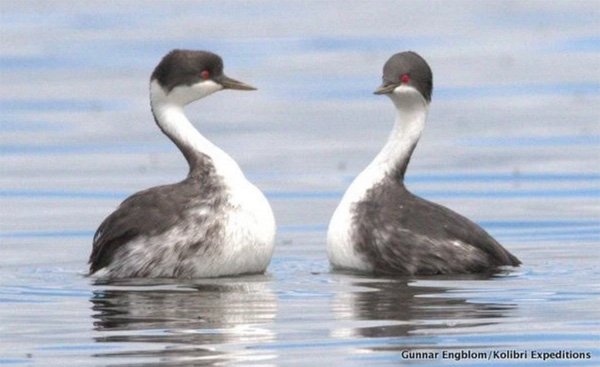
I love a coffee in the morning. I live in Wellington, a city with more coffee shops and restaurants per capita than any other city in the world. But I won’t be having my usual coffee, (flat white, large, no sugar, thanks) tomorrow. I’ll be tipping my cash to a worthwhile project in Peru, and I hope you will too.
You see, it isn’t the easiest thing in the world being a flightless grebe. Darren Naish, in his great blog at Scientific American (Which, if you’re not ready, why aren’t you reading it?) recently catalogued their woes. The Atitlan Grebe is sadly extinct. So is the Columbian Grebe. And the missed Alaotra Grebe of Madagascar. And the Junin Grebe of Peru? It clings to life, tenuously, but live it still does. It’s Critically Endangered, and that’s about as bad as it gets before a species is lost. And Gunnar Engblom, a bird guide in Peru, wants it to remain on this Earth, and is running an Indigogo campaign to begin some basic monitoring to provide data to scientists and government officials tasked with saving it.
If everyone that read this flicked just a single dollar to his campaign, a single miserable dollar, he’s have enough to start his programme. But everyone won’t. So please, send the cost of a single drink you can do without, your coffee (or tea, or Coke, or beer). Let’s fund this project, and maybe, when we finally reach Peru on our quest to see every bird (the quest of every writer of 10,000 Birds and, we assume, every reader), the Junin Grebe will still be there.
*Image of Junin Grebe belongs to and used with permission by Gunnar. (Note, contributing to this fund entitles you to discounts on his tours. That strikes me as a bargain if you are thinking of going to Peru).


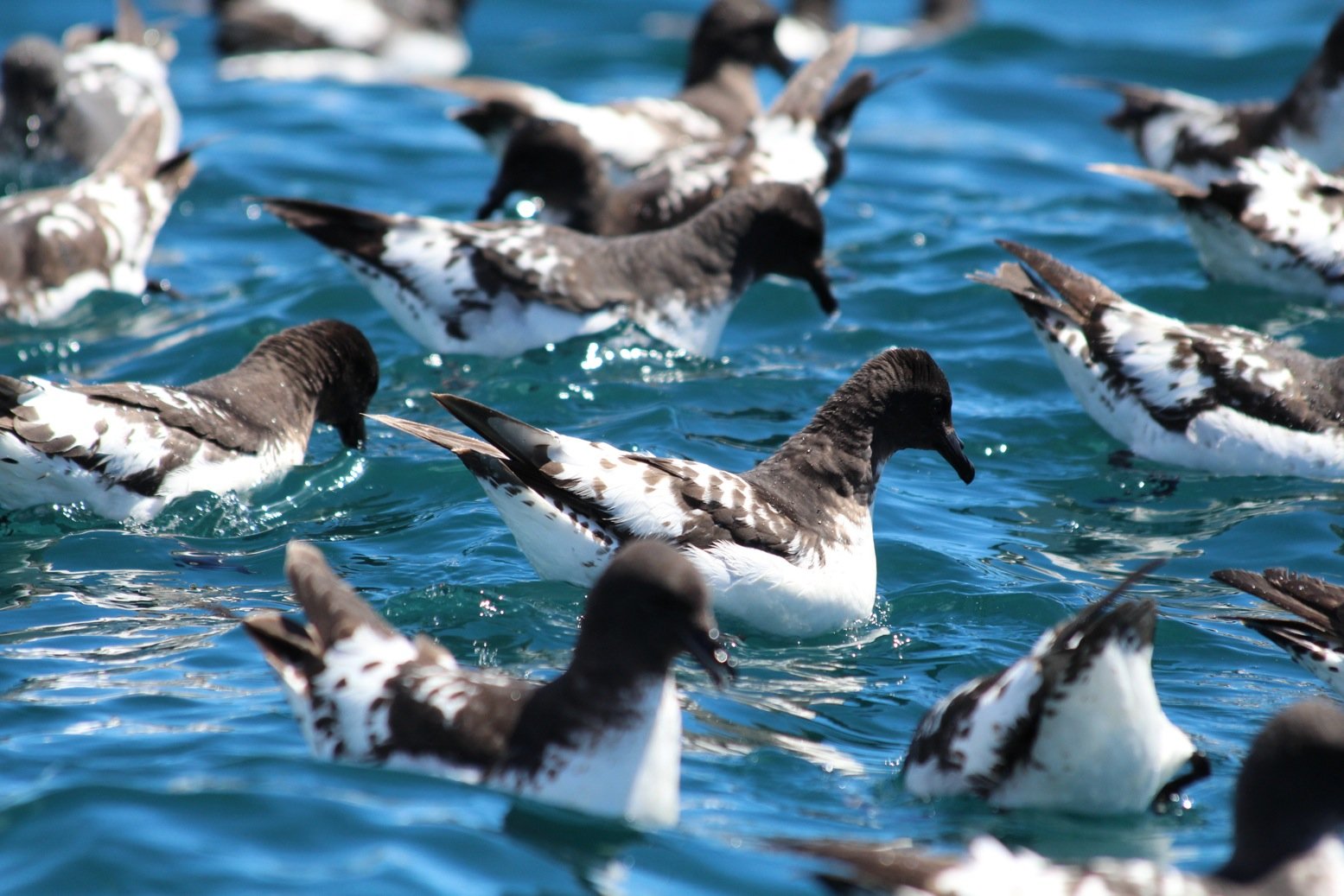
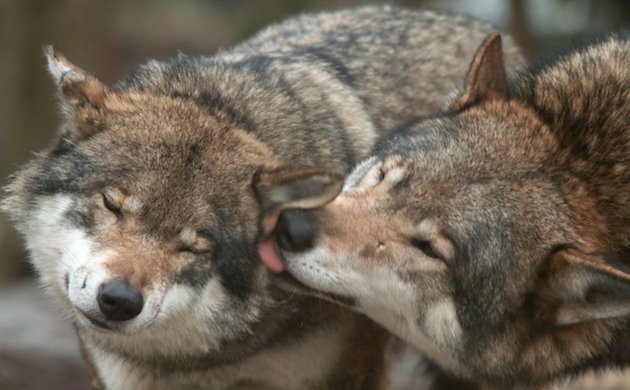

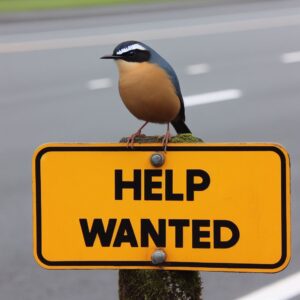 New writers welcome – please contact us for details.
New writers welcome – please contact us for details.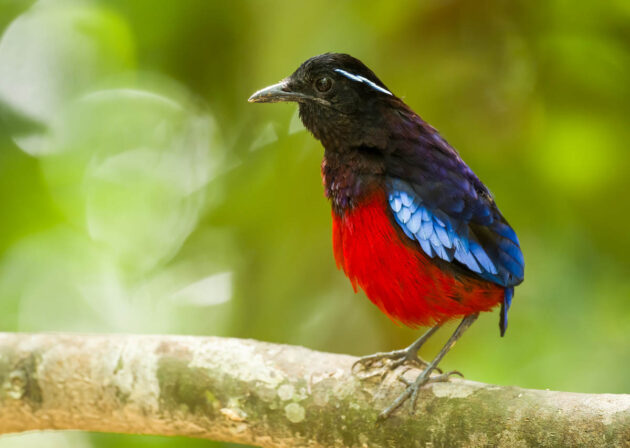
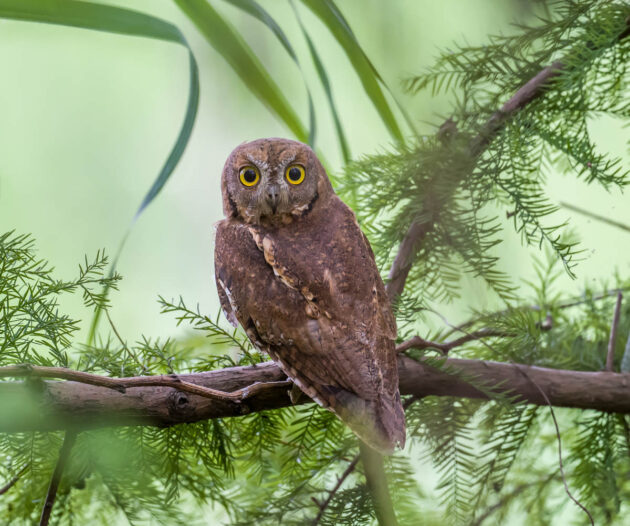
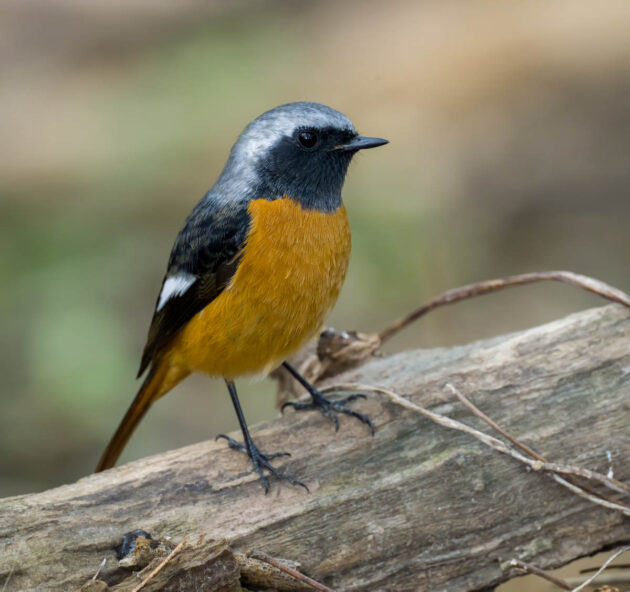
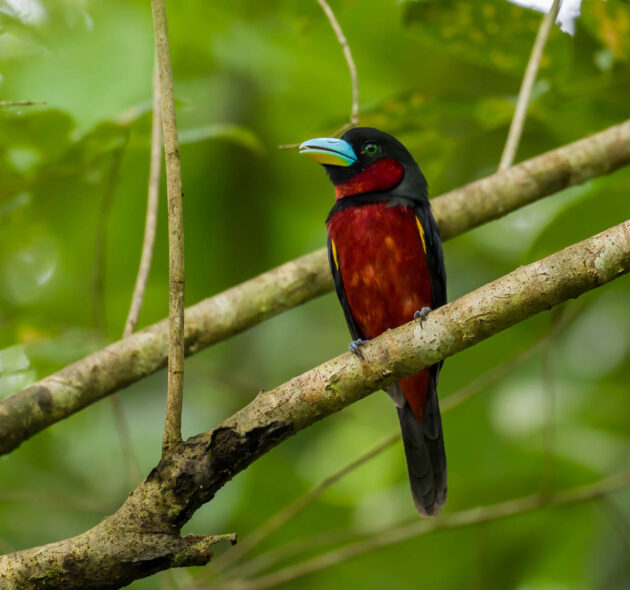
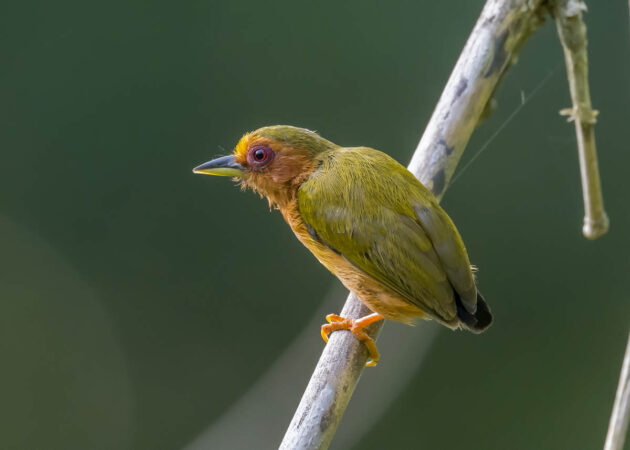
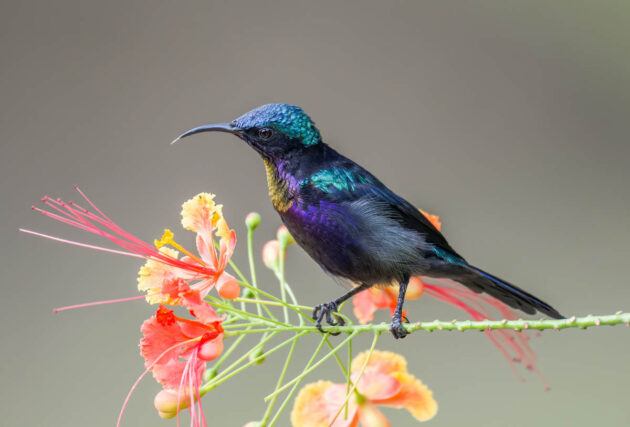
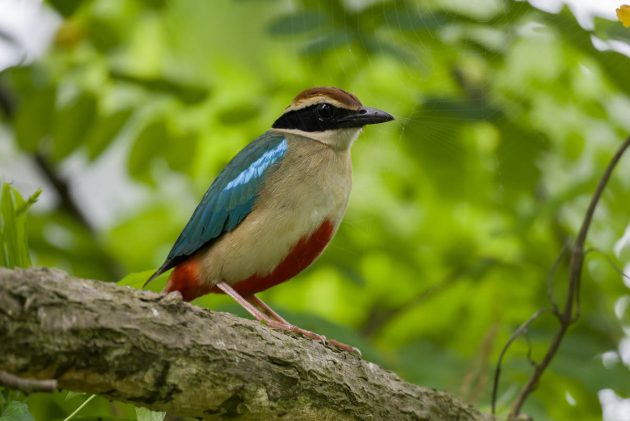
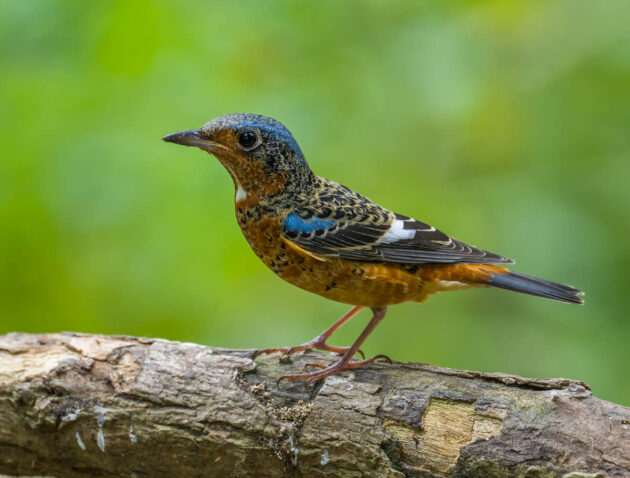
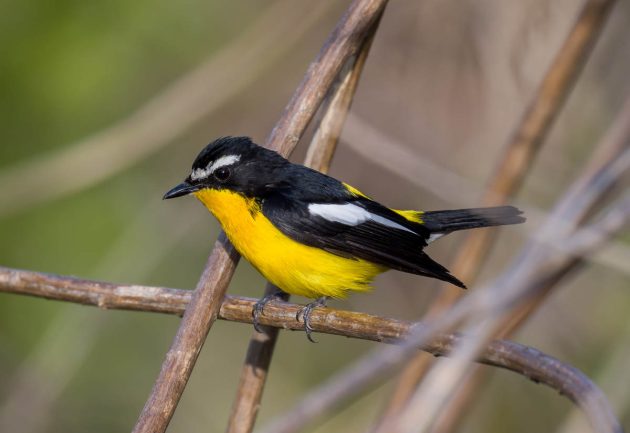
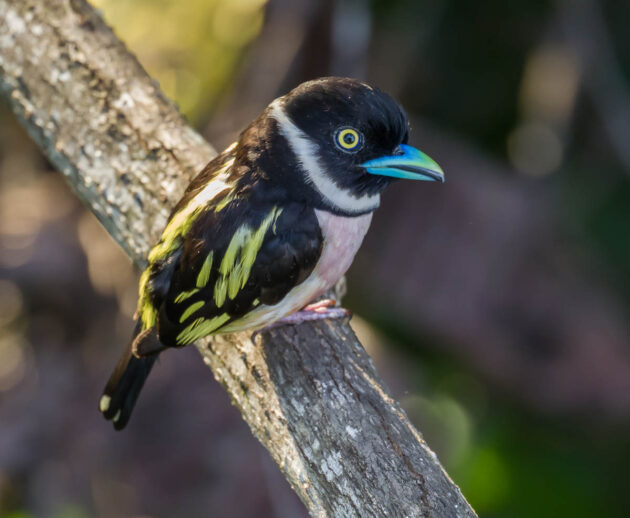
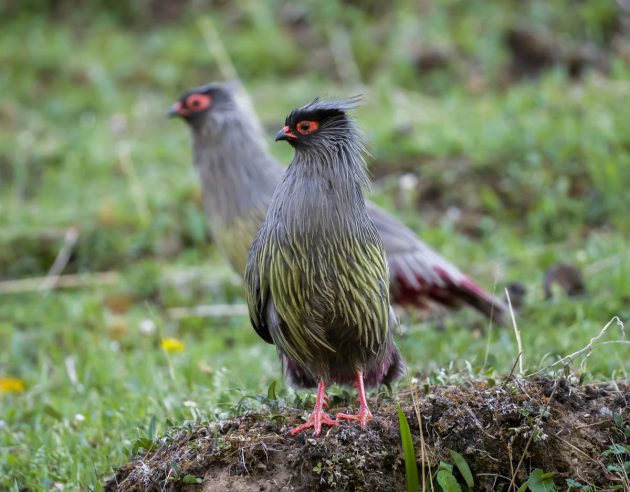
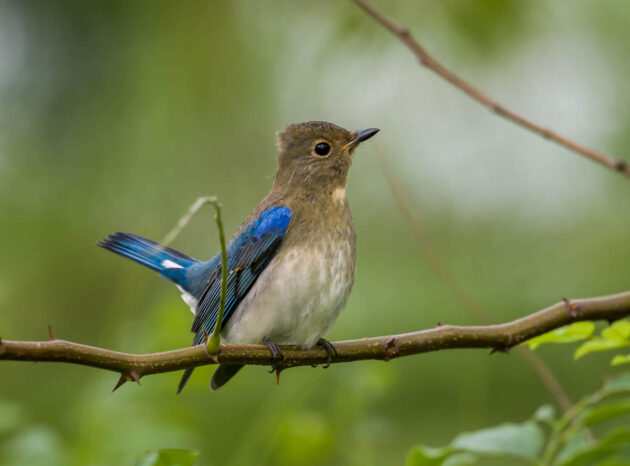
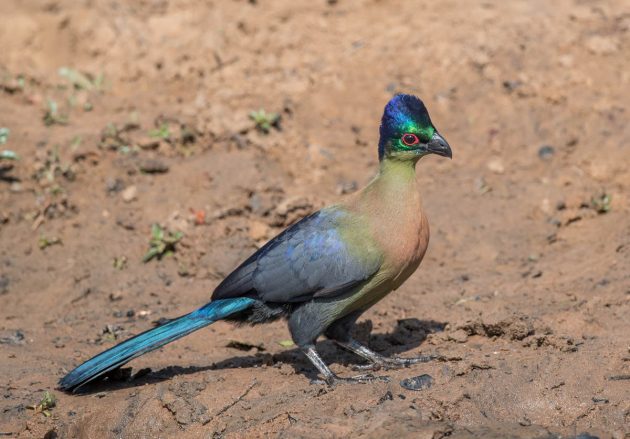
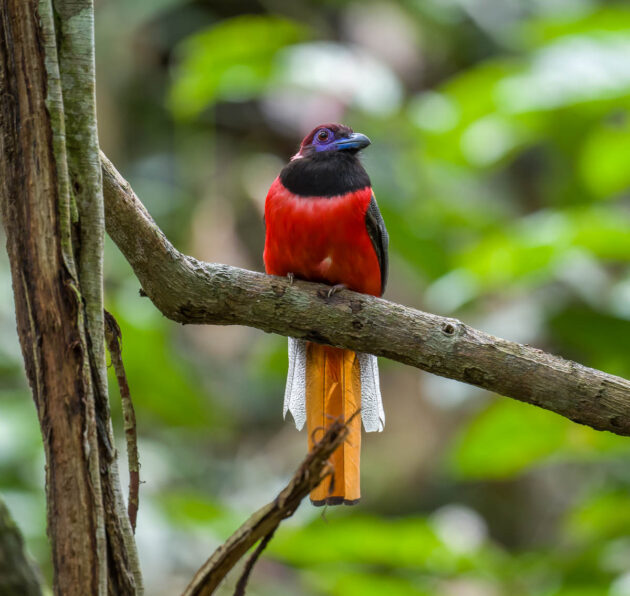
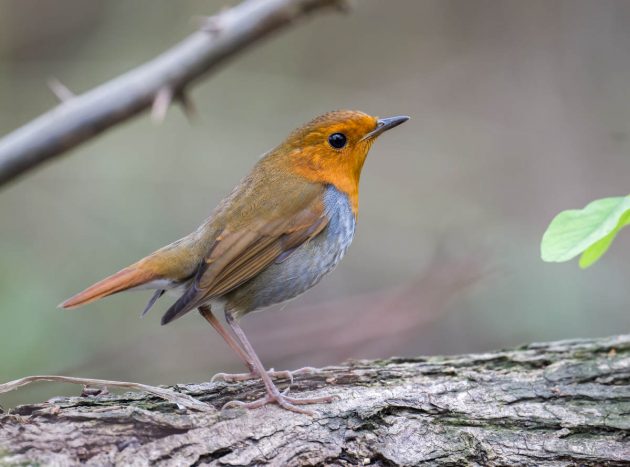
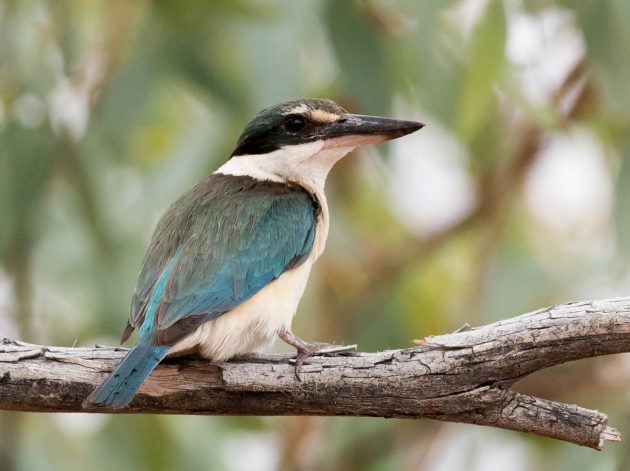
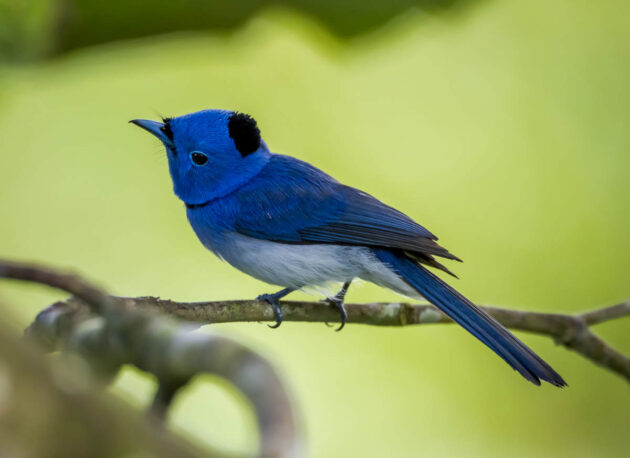
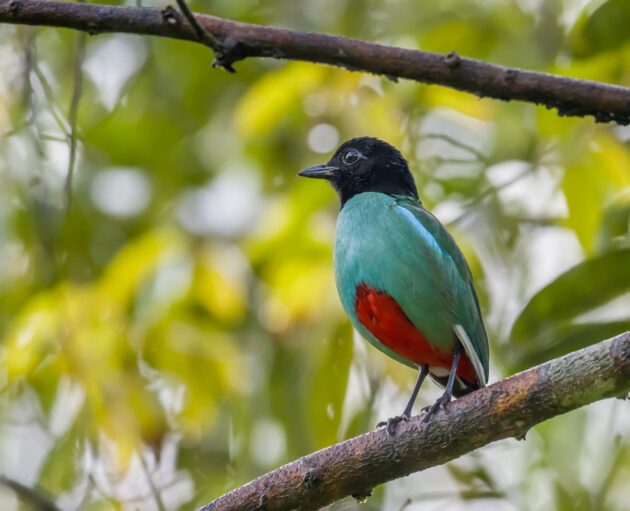
Leave a Comment